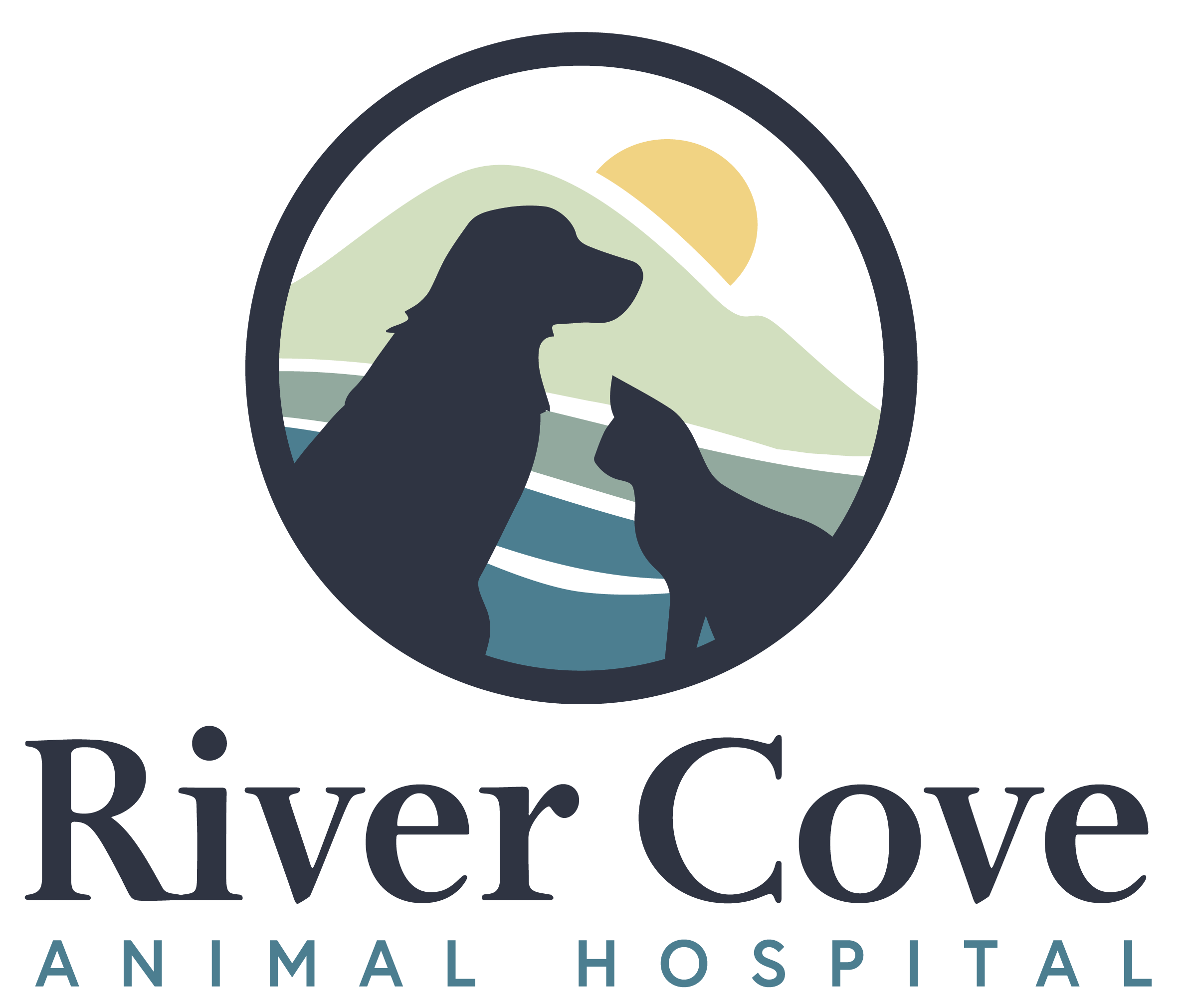Library
-
The clinical signs of heart failure are seen in many cats as they age. The two most common causes of CHF are chronic valvular disease and hypertrophic cardiomyopathy. Hypertension (high blood pressure) may contribute to heart disease and CHF. Secondary diseases, such as obesity, excessively high thyroid, or kidney disease may require dietary changes. Key nutritional goals are to maintain a stable body weight, deliver appropriate calories, and feed a balanced diet that the cat will regularly eat.
-
When the digestive tract is upset, vomiting and diarrhea may result. Since the causes of these symptoms are varied, it's best to consult a veterinarian. Often, a gastrointestinal (GI) diet is recommended to support the digestive tract and ensure the gut gets the nutrients it needs to recover. A bland diet of cooked chicken and rice might be recommended, but it has several limitations and is not appropriate for long-term feeding.
-
Over 60% of cats in North America are either overweight or obese, so paying attention to the balance between activity and calorie intake is important. Nutrient formulation and portion control are the two most important aspects of weight control. Once you have chosen a formula and have calculated a reasonable daily portion based on calorie density, the best way to stay on track and prevent unwanted weight gain is to combine portion control with regular, formal weigh-ins.
-
This handout discusses the risks and benefits of feeding commercially prepared fresh, whole-food diets, as well as home-prepared recipes for your cat or dog. Topics highlighted include food safety, nutritional imbalances, and the need to ensure that any diet has been well-researched for nutritional safety and completeness.
-
Cats are obligate carnivores and cannot be vegetarian. Through evolution, cats have become dependent on the specific forms of nutrients found only in animal tissue. Feeding your cat a proper diet is one of the most important aspects to help keep them at optimal health. It is important to keep in mind that the nutritional requirements and dietary preferences change over the course of the cat's lifetime. Your veterinary health care team can help you make good-quality diet choices and determine the correct number of calories your cat needs in a day.
-
Dogs are omnivores meaning that, under normal circumstances, dogs can meet their nutritional needs by eating a combination of plant and animal foods. Selecting a dog food can be a challenging task. Feeding your dog a proper diet for their life stage is one of the most important aspects to help keep them at optimal health. Your veterinary health care team can help you make good-quality diet choices and determine the correct number of calories your dog needs in a day.
-
Because of differences in large and giant dogs' energy and nutrient needs, some pet foods are specifically formulated for these requirements. Adequate diet and feeding management are important for adequate growth and preventing orthopedic problems and gastric dilatation-volvulus (GDV) or bloat. Specific recommendations are included for selecting an appropriate diet for a large or giant breed dog. Feeding management recommendations are also included.
-
Because of differences in toy and small dogs' energy needs and size, it is essential to use pet foods specifically formulated for their requirements. Adequate diet and feeding management are important for proper growth and preventing excessive weight gain. Specific recommendations are included to select an appropriate diet. Feeding management recommendations for puppies and adult dogs are also included.
-
La obesidad, definida como un exceso de un 30% o más del peso corporal normal, es la enfermedad nutricional más común en gatos domésticos. Aunque la frecuencia varía entre países, de media se considera que el 40 al 45% de todos los gatos adultos presentan obesidad.
-
Obesity in Dogs
Todos somos conscientes de los problemas que causa la obesidad en las personas, entre los que destacan alteraciones cardiacas, articulares o respiratorias. Lo que no es tan conocido es que los mimos problemas pueden afectar a nuestras mascotas si sufren de sobrepeso, por eso hay que asegurarse de que pierdan peso en caso necesario.

